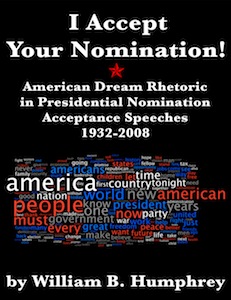We took a break this week from recording to enjoy the holiday, but also to start introducing some changes at Arsenal For Democracy. Regular and occasional readers and listeners alike are no doubt aware that our coverage has skewed increasingly heavily toward stories outside the United States. That’s partly a result of my own interests, but it’s also because I’ve been a bit short-staffed on both the site and the radio show for some time now, and only Nate and I have regularly been in Massachusetts together.
Fortunately, if you heard last week’s episode then you know that our former regular co-host (and fellow University of Delaware alum) Kelley has returned from the Peace Corps to Massachusetts. She plans not only to re-join the show as a regular (i.e. weekly) co-host with me for WVUD, but also to join the site as a writer about five days a week, for at least the rest of the summer, beginning this week.
Kelley will be focusing on a range of topics, including — but certainly not limited to — U.S. policy and public health issues. These are important to me, but I feel they will be better handled and more regularly covered coming from her on a regular basis than from me every now and then.
Her bio, along with everyone else’s, is available on our About Us page. You can read her articles and hear her episodes here.
I’m very excited to have her not just back on board, but also playing a much bigger role than before. I think we’ll be able to grow the site and the radio show toward our core mission with two of us working on it all week, in addition to the weekly and occasional contributions from everyone else on the team.



 To our past readers from Starboard Broadside, shuttered at the beginning of February 2011, Nate and I want to welcome you back.
To our past readers from Starboard Broadside, shuttered at the beginning of February 2011, Nate and I want to welcome you back. 